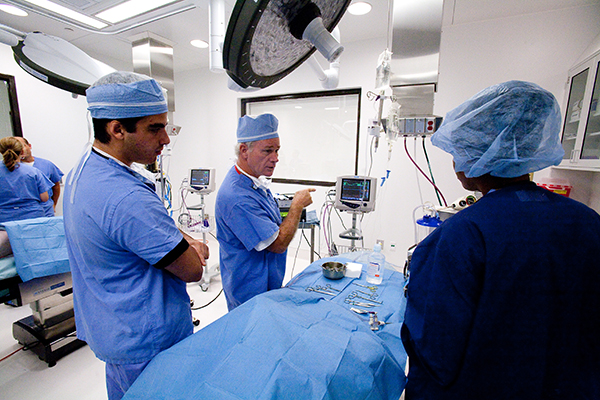Founded by cardiologists for cardiologists: of course we’re looking forward to learning and connecting at TCT 2023.
The Transcatheter Cardiovascular Therapeutics (TCT) meeting is the world’s largest educational meeting specializing in interventional cardiovascular medicine. This year, it will take place on October 23-26, 2023 back in San Francisco, California. “We look forward to connecting with sponsors, clinician innovators and regulatory officials at TCT 2023 to further understand the latest in transcatheter…









